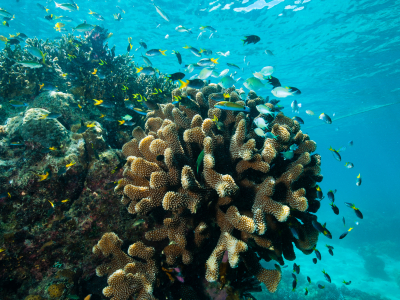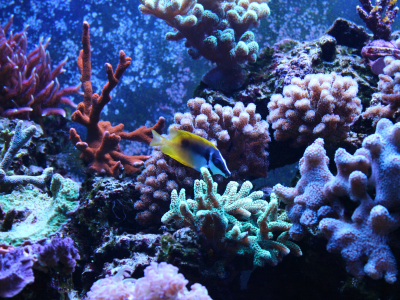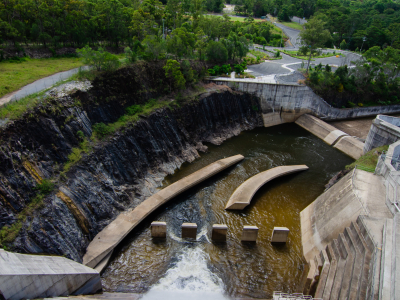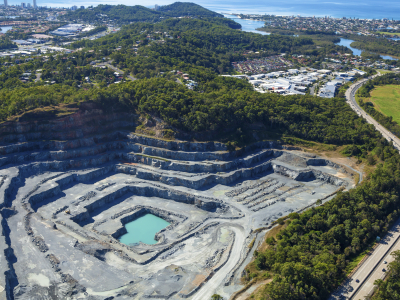
Audit Objective
In this follow-up audit, we examined whether departments have effectively implemented the recommendations we made in Managing water quality in Great Barrier Reef catchments (Report 20: 2014–15). We have also assessed whether the actions taken have addressed the underlying issues that led to our recommendations in that report.
Overview
The Great Barrier Reef is vulnerable to threats that the Queensland Government cannot control or influence, such as extreme weather events. But it can influence other threats, such as the quality of water entering the reef from adjacent catchments—specifically agricultural run-off.
Scientific evidence shows that climate change is the single biggest threat to the reef. However, a major cause of the current poor state of many of the reef's coastal and marine ecosystems is the decline of marine water quality associated with land-based run-off from adjacent catchments. Improving the quality of water flowing from the land to the reef is a critical contributor to the reef's health and, therefore, its ability to withstand and recover from climate change events.
Recommendations
Department of Environment and Science
We recommend that the Department of Environment and Science:
| 1. |
acquits actual expenditure against planned investment for Queensland's Reef Water Quality Program, in future annual investment reports, to increase transparency and accountability (Chapter 2) |
| 2. |
obtains reliable, timely, and adequate practice change information from relevant industry groups to understand the progress made, measure the degree of practice change, and account for outcomes for the public funds invested (Chapter 4) |
| 3. |
work with the Commonwealth Department of Environment and Energy, to refine over time the land management targets in the Reef 2050 Water Quality Improvement Plan 2017–2022 to define the increase in the percentage of riparian vegetation and the increase in stakeholder engagement targeted (Chapter 4). |


